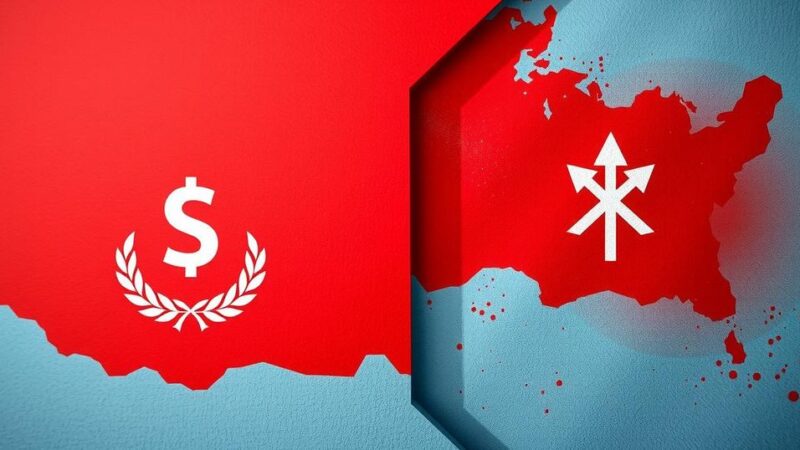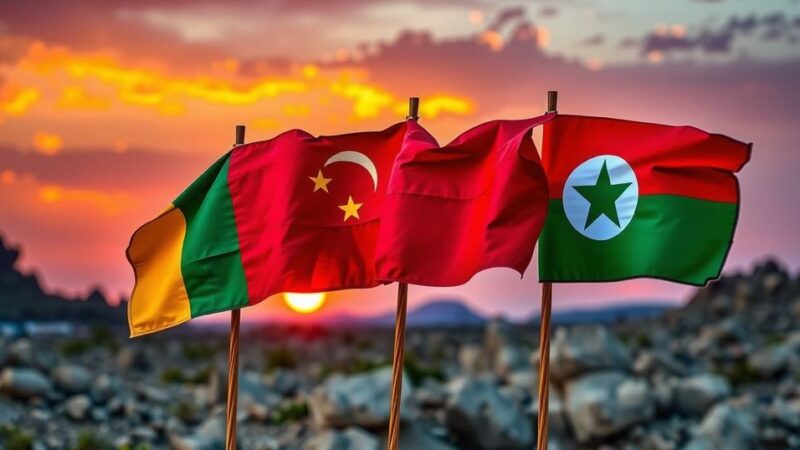The Democratic Republic of Congo has filed criminal complaints against Apple subsidiaries in France and Belgium, alleging the company is complicit in the use of conflict minerals obtained from armed groups in eastern Congo. Lawyers claim Apple’s supply chain is tainted with “blood minerals,” financing violence and exploitation. Apple responds by asserting its commitment to ethical sourcing and adherence to due diligence standards.
The Democratic Republic of Congo has lodged criminal complaints against Apple subsidiaries in both France and Belgium, asserting that the company is complicit in the misuse of conflict minerals. The allegations stem from claims that Apple sources vital materials, such as tin, tantalum, and tungsten, from mines in eastern Congo that are controlled by armed groups. These groups are purportedly financing criminal activities through their control of these mines.
Congo’s legal representatives assert that Apple’s practices involve utilizing minerals that have been illegally extracted and laundered through international supply chains. In their filings, they have labeled these resources as “blood minerals,” alleging that their acquisition has fueled violent conflicts, child labor exploitation, and significant environmental harm. The complaints filed to both the Paris prosecutor and a Belgian magistrate accuse various Apple subsidiaries of serious offenses, including complicity in war crimes and handling stolen goods.
Apple has publicly stated that it does not engage in the direct purchase of primary minerals; however, it claims to adhere to internationally recognized due diligence standards concerning responsible sourcing of minerals. Furthermore, the tech giant has indicated that it mandates third-party audits of its supply chain. In a previous filing to the Securities and Exchange Commission, Apple asserted that it has severed ties with 14 smelters and refiners that failed to meet its responsible sourcing criteria.
This legal development highlights ongoing concerns regarding the ethical sourcing of minerals, particularly in conflict-affected regions such as the Democratic Republic of Congo. The term “conflict minerals” refers to natural resources extracted in a conflict zone and sold to perpetuate violence. The DRC is a key supplier of several critical minerals utilized in electronic devices, which has led to widespread criticism of large corporations that may inadvertently support armed groups through their supply chains. Rights organizations have raised alarms over systemic issues related to forced labor, environmental degradation, and the financing of violence tied to these minerals. Rwanda’s involvement is also noteworthy, as allegations suggest that conflict minerals are processed there, before entering global markets. The complexities of international supply chains further obscure accountability and ethical sourcing, prompting calls for greater transparency and adherence to ethical standards across the industry.
In conclusion, the Democratic Republic of Congo’s legal actions against Apple underscore a significant ethical dilemma concerning the sourcing of minerals from conflict-affected regions. The allegations assert that Apple’s operations contribute to violence and exploitation, promoting a cycle of conflict in the DRC. This case highlights the necessity for corporations to ensure transparency and ethical practices in their supply chains, reaffirming the importance of international scrutiny and responsibility for the resources they utilize.
Original Source: www.silicon.co.uk





